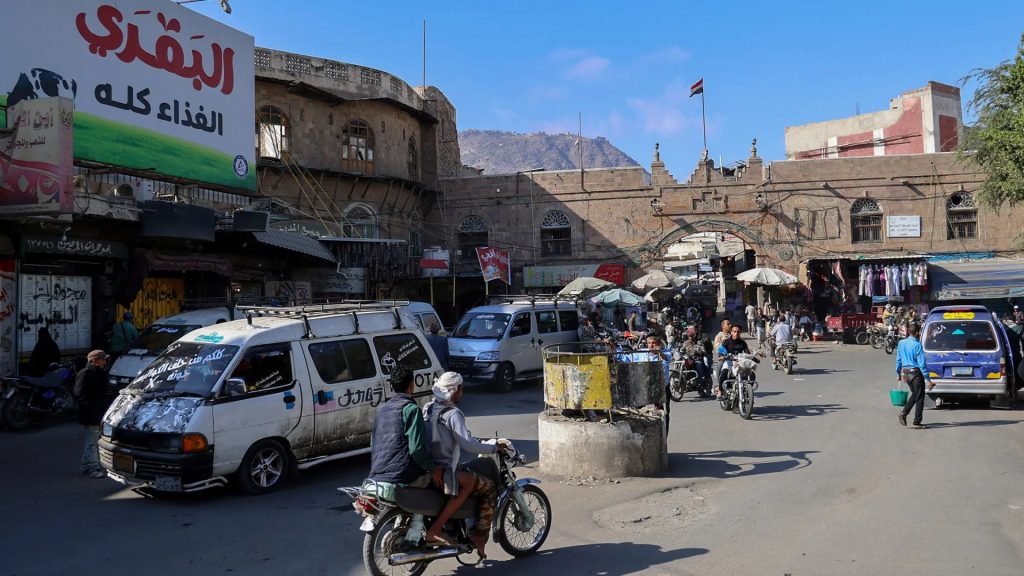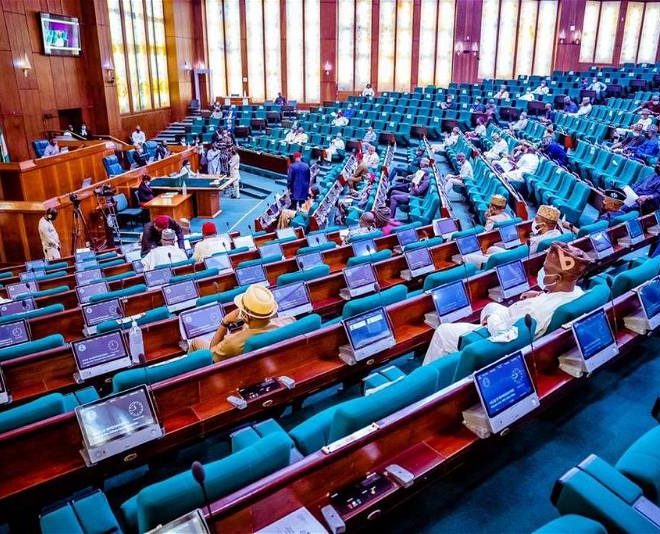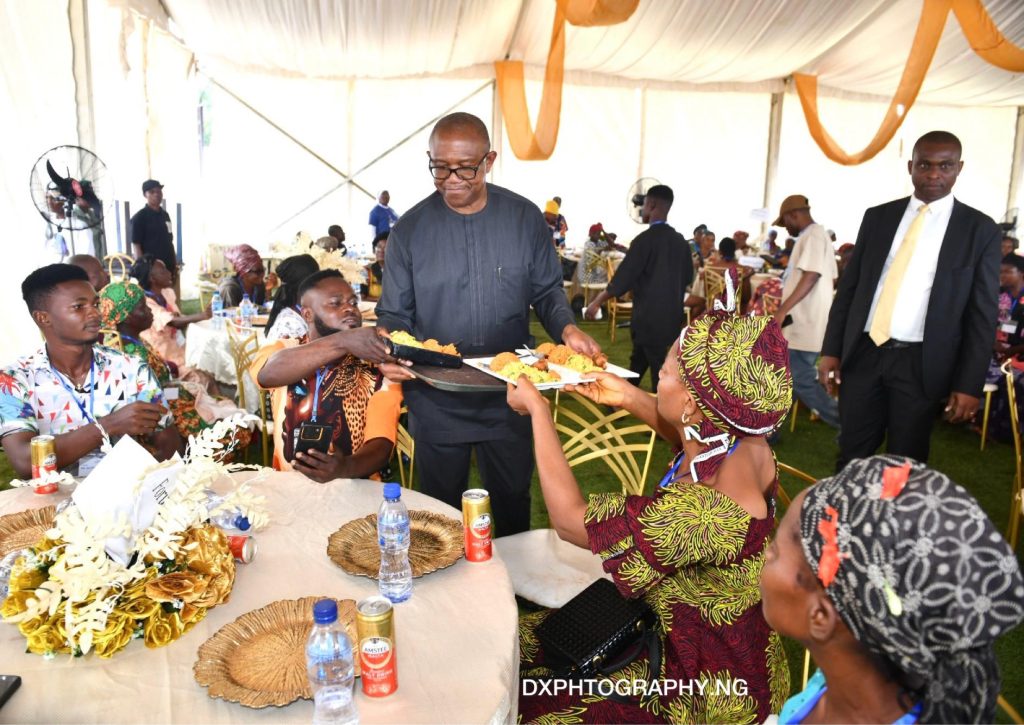Early life and education of Justice Kekere-Ekun
Justice Kudirat Kekere-Ekun was born in London, United Kingdom, on May 7, 1958.
She is the eldest of eleven siblings, with both parents hailing from Lagos State, Nigeria.
Her life has been profoundly influenced by her parents, especially her father, Senator Hassan Adisa Babatunde Fasinro, OFR, LL.D.
He was a prominent Nigerian senator, legal practitioner, author, and one of the founding fathers of Lagos.
A devout Muslim and devoted family man, Senator Fasinro passed away in March 2019 at the age of 99.
Kekere-Ekun attended the University of Ife Staff School for her primary education.
She later proceeded to the prestigious Queen’s College in Yaba, Lagos, where she completed her secondary education.
Her academic excellence was evident from a young age, and she was known for her diligence and commitment to her studies.
In pursuit of higher education, she gained admission to the University of Lagos, where she studied Law.
She earned her Bachelor of Laws (LL.B.) degree in 1980, after which she proceeded to the Nigerian Law School.
In 1981, she was called to the Nigerian Bar, marking the beginning of her legal career.
Legal Career
Justice Kekere-Ekun began her legal career as a State Counsel in the Lagos State Ministry of Justice, where she served from 1982 to 1989.
Her work involved representing the government in various legal matters, and she quickly established herself as a competent and resourceful lawyer.
In 1989, she transitioned into private legal practice.
She joined the law firm of Oluwa & Co., where she honed her skills in various areas of law, including litigation, commercial law, and arbitration.
Her years in private practice were instrumental in broadening her legal expertise and understanding of complex legal issues.
In 1996, Justice Kekere-Ekun was appointed as a Judge of the High Court of Lagos State.
Her appointment was a recognition of her outstanding legal acumen and her dedication to the legal profession.
As a High Court judge, she presided over numerous high-profile cases, earning a reputation for fairness, integrity, and a deep understanding of the law.
Rise to the Supreme Court
Justice Kekere-Ekun’s exemplary performance at the High Court did not go unnoticed.
In 2004, she was elevated to the Court of Appeal, where she continued to distinguish herself.
She is the fifth woman to be elevated to the Supreme Court, following in the footsteps of Justices Aloma Mukhtar, Clara Bata Ogunbiyi, Olufunlola Adekeye, and Mary Ukaego Peter-Odili.
Her judgments at the Court of Appeal were widely respected for their clarity, depth, and adherence to legal principles.
She served in the Court of Appeal’s Benin, Kaduna, and Abuja divisions, handling cases that shaped Nigerian jurisprudence.
On June 8, 2013, Justice Kekere-Ekun was appointed to the Supreme Court of Nigeria by then-President Goodluck Jonathan.
Her appointment to the apex court was seen as a recognition of her vast experience, judicial temperament, and unblemished record in the judiciary.
At the Supreme Court, she has been involved in delivering landmark judgments that have shaped the legal landscape of Nigeria.
Chief Justice of Nigeria
In August 2024, following the retirement of Chief Justice Olukayode Ariwoola, the National Judicial Council (NJC) nominated Justice Kekere-Ekun.
She is now the Chief Justice of Nigeria.
On August 23, 2024, President Bola Tinubu administered the oath of office, appointing her as the 23rd Chief Justice of Nigeria.
Justice Kekere-Ekun’s appointment is significant as she is only the second female Chief Justice in Nigeria, after Justice Mukhtar.
Her appointment is seen as a milestone for gender representation in Nigeria’s judiciary.
She is expected to continue the legacy of fairness, diligence, and integrity that has characterized her career.
Justice Kekere-Ekun’s Landmark decisions
As a prominent figure in the legal field, Justice Kekere Ekun’s rulings have shaped the landscape of Nigerian jurisprudence.
One of her most controversial and widely discussed rulings was in the Hope Uzodinma v. Emeka Ihedioha case, which revolved around the 2019 Imo State gubernatorial election.
Uzodinma challenged the declared victory of Ihedioha.
This led to a Supreme Court decision that overturned the election results based on previously excluded votes from 388 polling units.
This ruling, delivered by Justice Kekere-Ekun, declared Uzodinma the winner, sparking widespread debate and criticism due to its implications for the electoral process in Nigeria.
In another significant case, Adeleke v. Oyetola, involving the Osun State governorship election, Justice Kekere-Ekun was part of the panel that upheld the election of Gboyega Oyetola as governor.
The court dismissed Senator Ademola Adeleke’s appeal, ruling that the appellant had failed to prove substantial non-compliance with the Electoral Act during the election.
This decision underscored the rigorous standards required to challenge election results in Nigeria.
Justice Kekere-Ekun also played a crucial role in the Nyesom Wike v. Dakuku Peterside case, which involved the 2015 Rivers State governorship election.
The Supreme Court, with her participation, upheld Wike’s election, affirming that the election was conducted in substantial compliance with the law.
Her interpretation emphasized that the use of electoral guidelines, like the card reader, did not replace the manual accreditation process unless explicitly stated by law.
In addition to electoral cases, Justice Kekere-Ekun’s ruling in the Center for Oil Pollution Watch v. NNPC expanded the scope of public interest litigation in Nigeria.
She ruled that individuals or entities directly affected by environmental damage could approach the court for redress.
This broadened the avenues for legal recourse in environmental and public interest cases.













